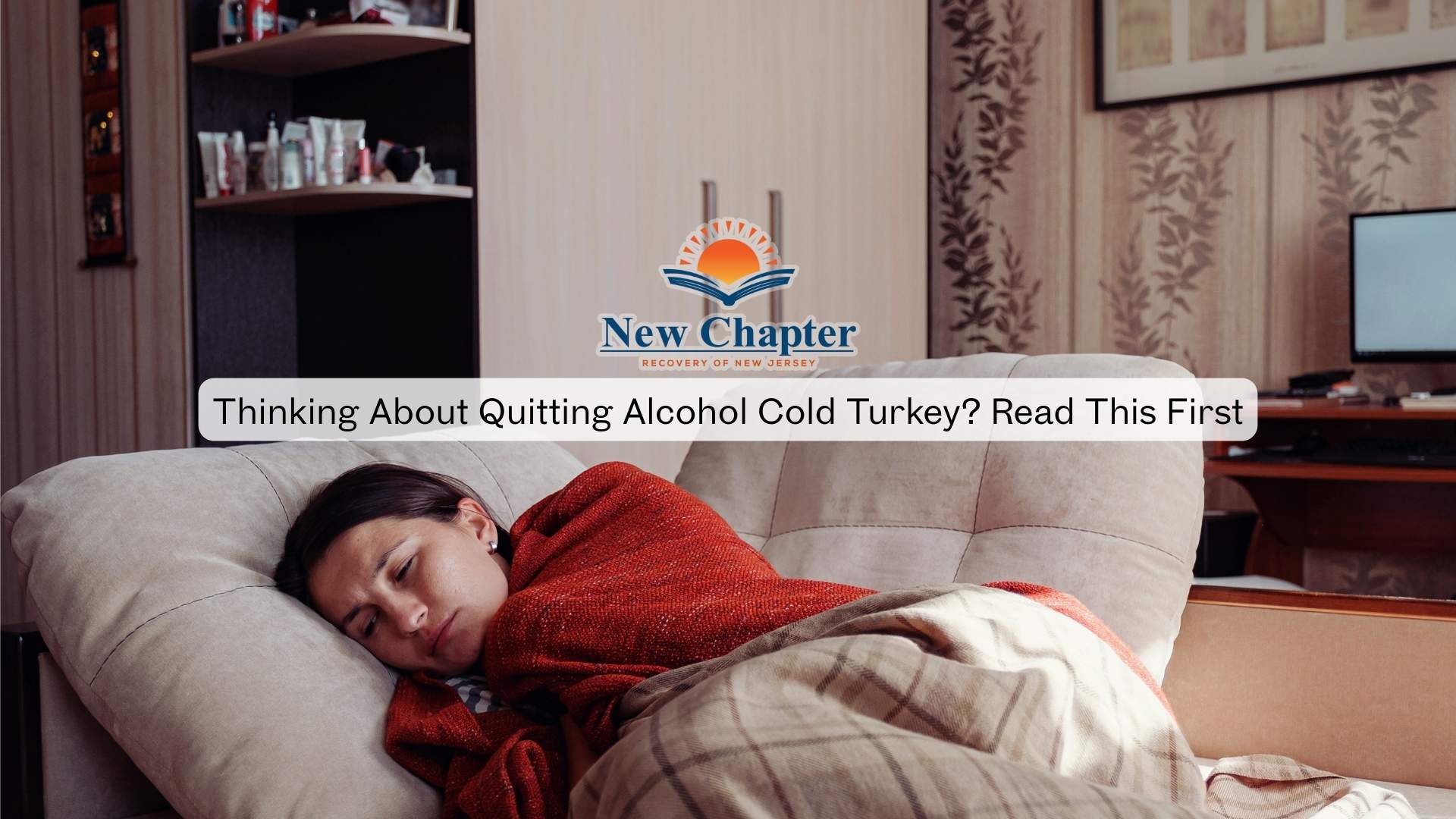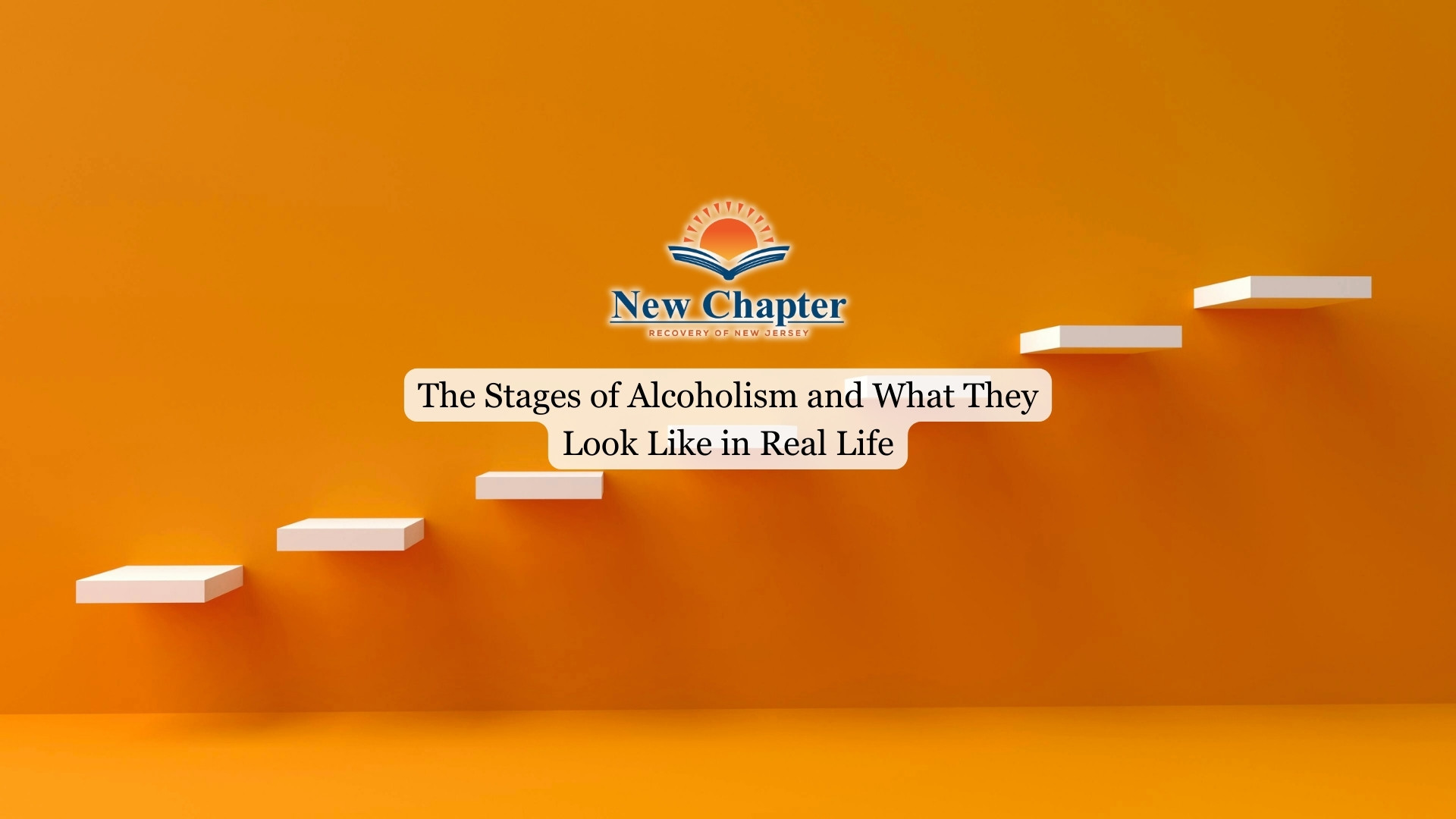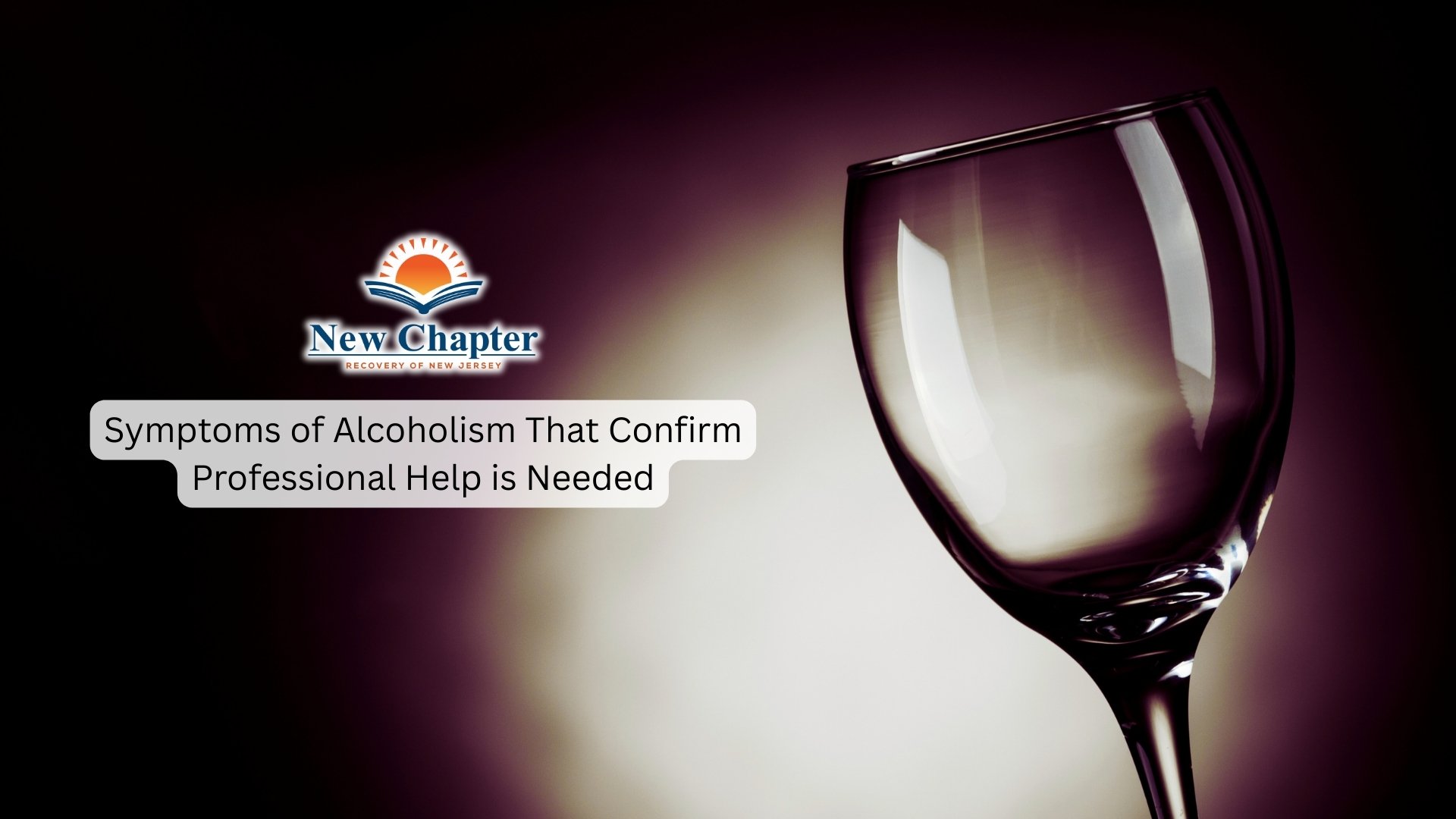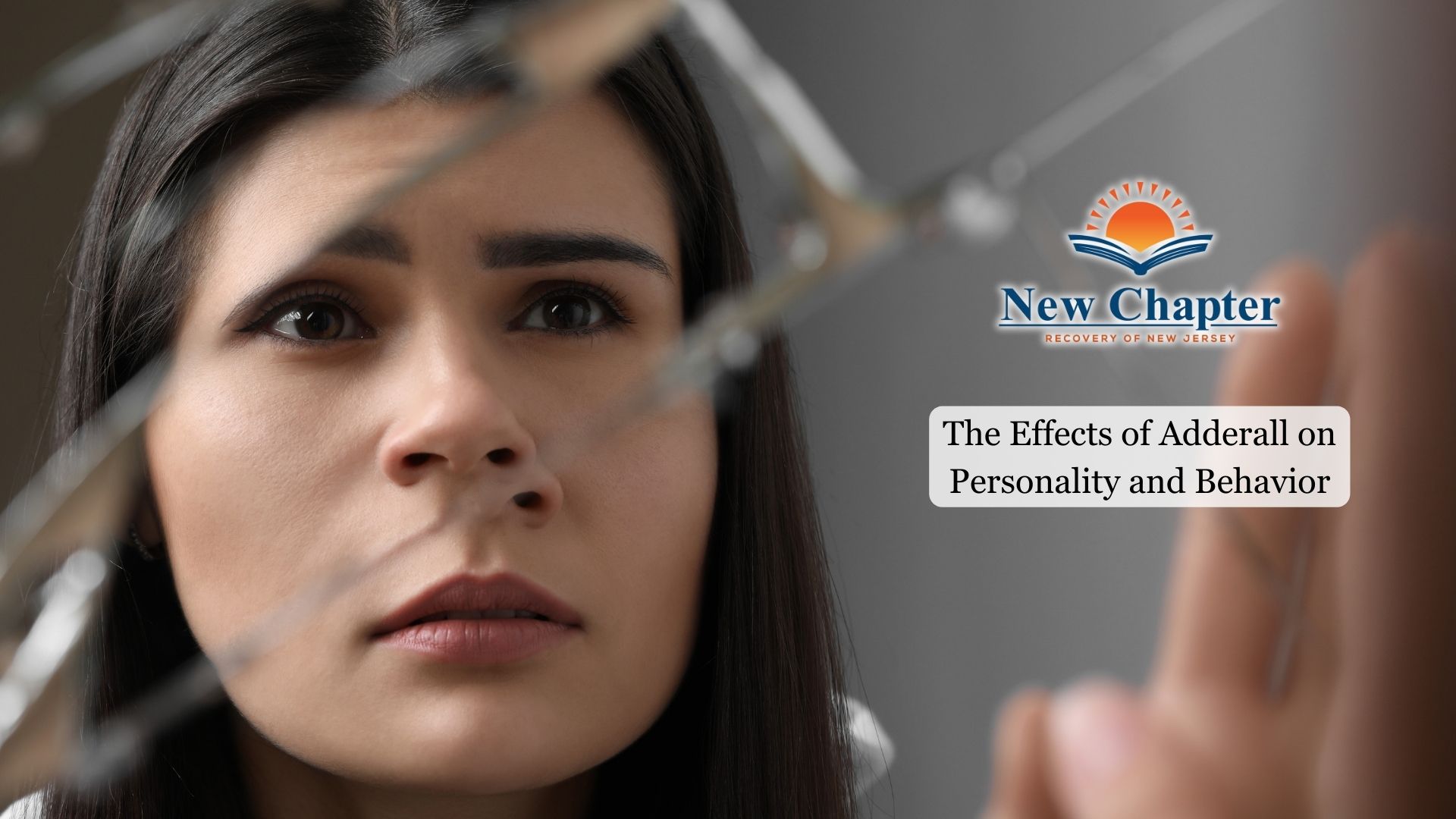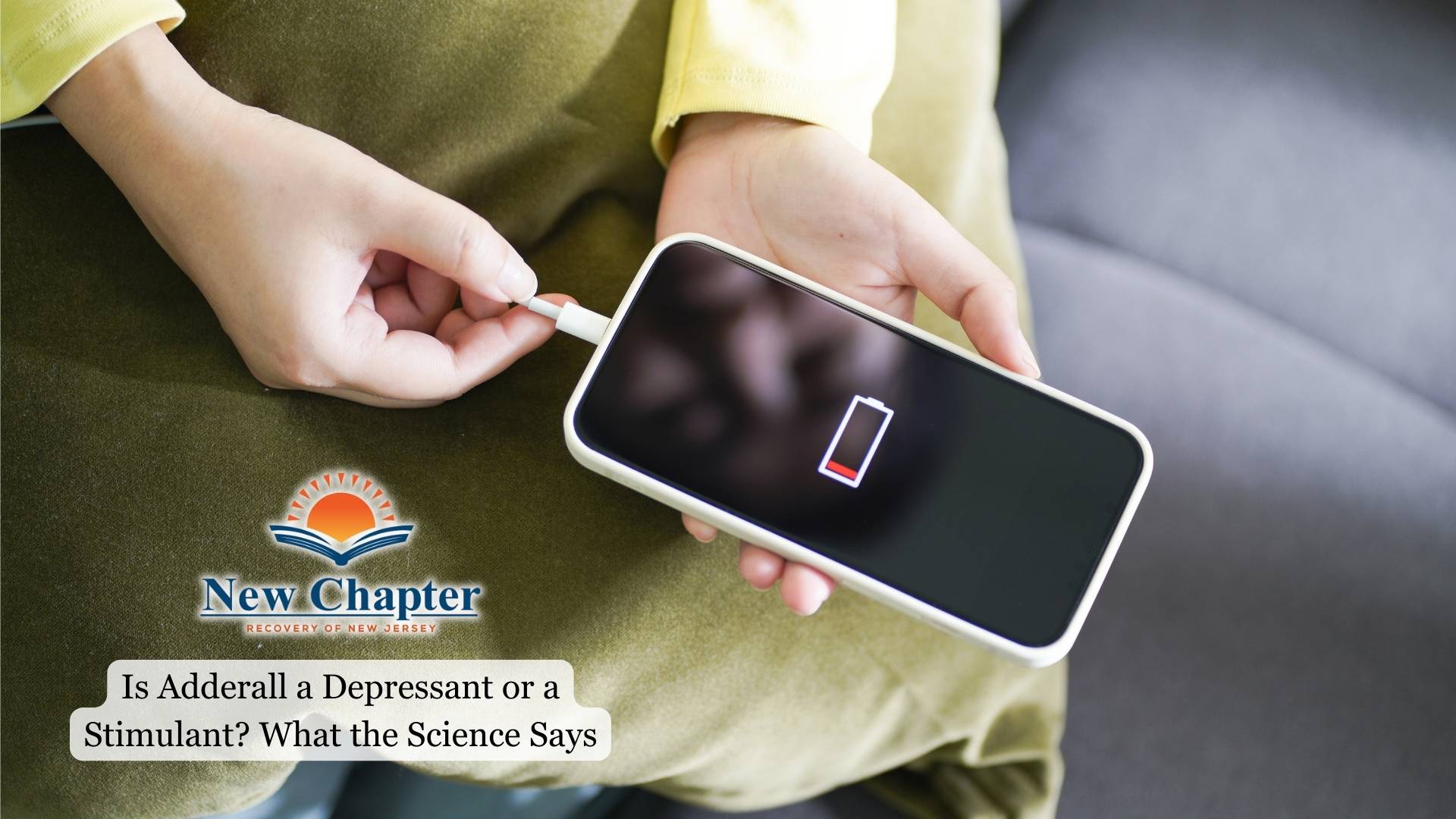Addiction relapse is a complex and frequent part of the recovery process. The high relapse rates emphasize the importance of identifying personal triggers and developing effective strategies to manage them. Without a proactive approach, individuals in recovery may find themselves vulnerable to setbacks.
Sustaining sobriety is an ongoing journey that requires continuous effort, self-awareness, and a strong support system. By understanding common relapse risks and implementing healthy coping mechanisms, individuals can strengthen their recovery and improve their chances of long-term success. This article will explore the primary causes of addiction relapse and offer valuable insights on how to navigate challenges while building a sustainable, sober life.

Withdrawal Symptoms
Experiencing withdrawal symptoms can pose a significant challenge during the process of recovering from addiction. These symptoms, characterized by intense cravings and physical discomfort, often increase the risk of relapse. The severity of withdrawal symptoms varies based on the substance and the individual’s level of dependence, making the experience particularly difficult to endure without appropriate support.
It is widely recognized that unmanaged withdrawal symptoms commonly act as triggers for relapse due to the strong desire to alleviate discomfort through substance use. Seeking medical supervision during withdrawal can substantially lower the likelihood of relapse. Healthcare professionals can offer medications and therapies to help alleviate symptoms and ease the overall withdrawal process.
Read why Developing a Relapse Prevention Plan Is So Important.
Mental Health Issues
When facing untreated mental health issues such as anxiety, depression, or PTSD, individuals in addiction recovery encounter significant challenges that can increase the likelihood of relapse. It’s important to acknowledge that co-occurring mental health disorders are common among those with addiction issues, and addressing these conditions is crucial for maintaining sobriety.
Stress during the recovery process can serve as a trigger for relapse, emphasizing the need to effectively manage mental well-being. Untreated depression, in particular, may lead to a return to substance abuse as a way to cope with emotional distress. Similarly, PTSD can complicate the recovery journey by intensifying cravings through trauma triggers.
To reduce the risk of relapse, it’s essential to prioritize comprehensive mental health care in conjunction with addiction treatment.
People, Places, and Things
Encounters with individuals, locations, and objects linked to past substance use can act as potent triggers for relapse in addiction. It’s important to recognize that the people you interacted with during active addiction can stimulate memories and cravings, heightening the risk of relapse.
Similarly, frequenting places where substance use occurred or was facilitated can evoke strong associations with past addictive behaviors, making it harder to resist the temptation to use. Moreover, items associated with drug or alcohol consumption can serve as reminders of past experiences, potentially reigniting the desire to engage in substance abuse.
To mitigate the likelihood of relapse, it’s advisable to minimize exposure to these triggers. Surrounding yourself with supportive individuals who prioritize your recovery and seeking out substance-free environments can help create a more conducive setting for sustained sobriety.
The Danger of Overconfidence in Sobriety
Overconfidence in sobriety can be a major risk factor, as it may cause individuals to underestimate the ongoing challenges of addiction recovery. Believing they have fully conquered their addiction, some may reduce or abandon essential support systems, assuming they can handle triggers and high-risk situations on their own. This false sense of security often leads to neglecting critical coping strategies and self-care routines that play a vital role in maintaining long-term sobriety.
As recovery progresses, individuals might begin skipping therapy sessions, support group meetings, or stress-management practices, thinking they are no longer necessary. However, addiction is a lifelong condition that requires continuous effort and vigilance. By disregarding the importance of ongoing support and structured treatment, individuals put themselves at greater risk of relapse, especially when faced with stress, temptation, or unexpected challenges.

Poor Self-Care
Not taking care of oneself physically and mentally can significantly increase the risk of addiction relapse. When individuals in recovery neglect their basic needs, such as maintaining a healthy diet, getting enough sleep, and engaging in regular exercise, they may experience a decline in mood and an increase in substance cravings. Poor self-care can lead to feelings of low self-worth, fatigue, and irritability, all of which can make it more challenging to resist the temptation to use drugs or alcohol.
Engaging in self-care activities is crucial for supporting mental wellness and maintaining sobriety. This includes establishing a consistent sleep schedule, eating nutritious meals, staying hydrated, and incorporating physical activity into daily routines. Additionally, practicing stress-reduction techniques like meditation, deep breathing exercises, or journaling can help individuals manage stress and prevent relapse. By prioritizing self-care, those in recovery can build a strong foundation for long-term success and improve their overall quality of life.
Relationship Issues
Newly sober individuals may struggle to cope with relationship conflicts or intimacy without turning to substances. Addictions can create or exacerbate a number of different problems in a relationship, and when recovering from a substance use disorder, dealing with these issues is crucial for maintaining sobriety and healing damaged relationships. Dating too soon in recovery can also be problematic, as the emotional highs of a new romantic relationship can mimic the feelings of being on drugs or alcohol, potentially leading to replacing one addiction with another.
It’s important for individuals in recovery to be honest and open about their recovery process with their partners. Honest communication helps partners understand boundaries and avoid triggering places or activities. However, if a relationship involves emotional or physical abuse, criticism, contempt, defensiveness, or stonewalling, or if the partner is secretive and controlling, these are signs that leaving the relationship may be the healthiest choice. Seeking the help of a relationship therapist can be beneficial for couples trying to determine whether their issues can be resolved or if parting ways is the best path forward.
Final Thoughts From New Chapter Recovery on Most Common Triggers For Addiction Relapse
Addiction relapse is a significant challenge that many individuals face during their recovery journey. By understanding the most common reasons for relapse, such as withdrawal symptoms, untreated mental health issues, exposure to high-risk situations, poor self-care, overconfidence, and relationship problems, individuals in recovery can be better prepared to navigate these obstacles and maintain their sobriety.
Developing healthy coping strategies, prioritizing self-care practices, and building a strong support system are essential components of a successful recovery plan. It is important to remember that recovery is an ongoing process that may involve setbacks, but long-term success is achievable with persistence, self-awareness, and the right support system in place. By staying committed to personal growth and utilizing the tools and resources available, individuals in recovery can overcome the challenges of addiction and build a fulfilling, substance-free life.
Frequently Asked Questions
What are some unexpected or less obvious relapse triggers?
Unexpected relapse triggers can include positive life events, such as celebrations or promotions, where individuals may feel tempted to drink or use drugs socially. Loneliness, boredom, and even overworking can also create emotional stress that increases vulnerability to relapse. Additionally, certain scents, music, or even seeing old photos related to past substance use can unexpectedly trigger cravings.
Is relapse a sign that treatment has failed?
No, relapse is not a sign of failure but rather a common part of the recovery journey. Addiction is a chronic condition, and setbacks can serve as learning experiences to strengthen long-term sobriety. What matters most is recognizing the relapse, seeking support, and adjusting one’s recovery plan to address potential weaknesses.
What should I do if I find myself in a high-risk situation unexpectedly?
If you find yourself in a high-risk situation, the best approach is to remove yourself from the environment as quickly as possible. If leaving isn’t an option, reach out to a supportive friend, sponsor, or therapist for guidance and accountability. Practicing grounding techniques, such as deep breathing or focusing on a recovery affirmation, can also help regain control and resist temptation.
How does boredom contribute to relapse, and how can I avoid it?
Boredom can be a major relapse trigger because it creates a sense of emptiness and restlessness, leading individuals to seek excitement or escape through substance use. To avoid this, it’s important to stay engaged in fulfilling activities, such as hobbies, exercise, volunteering, or socializing with sober friends. Establishing a structured daily routine can also help prevent idle moments that could lead to cravings.


